Interventional radiologists typically perform routine and even lifesaving procedures effectively and efficiently under image guidance. Simple procedures such as placement of a nephrostomy tube to decompress obstructive hydronephrosis or obtaining vascular access for IV antibiotic administration to prevent the spread of infection and the feared sequalae of sepsis can greatly impact patient care and can have lasting effects on patient outcomes. With the use of imaging, interventional radiologists not only provide a diagnostic service to patients, but also perform minimally invasive procedures that minimize complications, decrease hospital stay and avoid large open surgeries. The east African country of Tanzania has a large growing population with limited access to healthcare and limited access to many minimally invasive procedures. This is largely due to the lack of interventional radiologists present in the country. Even more of a growing problem is the lack of training opportunities in image guided procedures available for aspiring radiologists. The goal, as part of the Yale Interventional Radiology (IR) Global Outreach initiative is to bring on site, hands-on interventional radiology education and training to the radiology residents of Muhimbili University of Health and Allied Sciences (MUHAS) and establish a long term IR program at Muhimbili National Hospital in Dar es Salaam, Tanzania. Teams consisting of at least one IR physician, nurse and technician from various academic institutions will come for a two-week time period and provide hands on, structured educational experience to the Muhumbili residents. Following the global IR curriculum instituted by RAD-AID, I, along with team members from the University of Michigan, Emory and Yale University, plan to continue the mission of the Tanzanian IR initiative and will assist in teaching minimally invasive techniques during our stay from January 26th-February 9th 2020.
In the two week span we plan to have at over 100 patients that will receive our clinical services and care. Our onsite training in minimally invasive procedures is part of a larger 3-5 year plan of the Yale Interventional Radiology (IR) Global Outreach initiative to help train the first generation of interventional radiologists in Tanzania and sustain an interventional radiology program.
The immediate and future benefit will be to the people and patients of Muhimbili Hospital in Dar es Salaam, Tanzania. The introduction and suitability of an interventional radiology program in Tanzania will directly impact patient care in a positive way as patients will be able to be simultaneously diagnosed and treated in an efficient and effective manner. The larger impact will be sustaining an interventional radiology program in Tanzania, by investing in radiology resident education. Our aim is to teach MUHAS radiology residents to perform IR procedures proficiently in hopes of increasing access to minimally invasive procedures and ultimately improve quality of patient care in Tanzania.
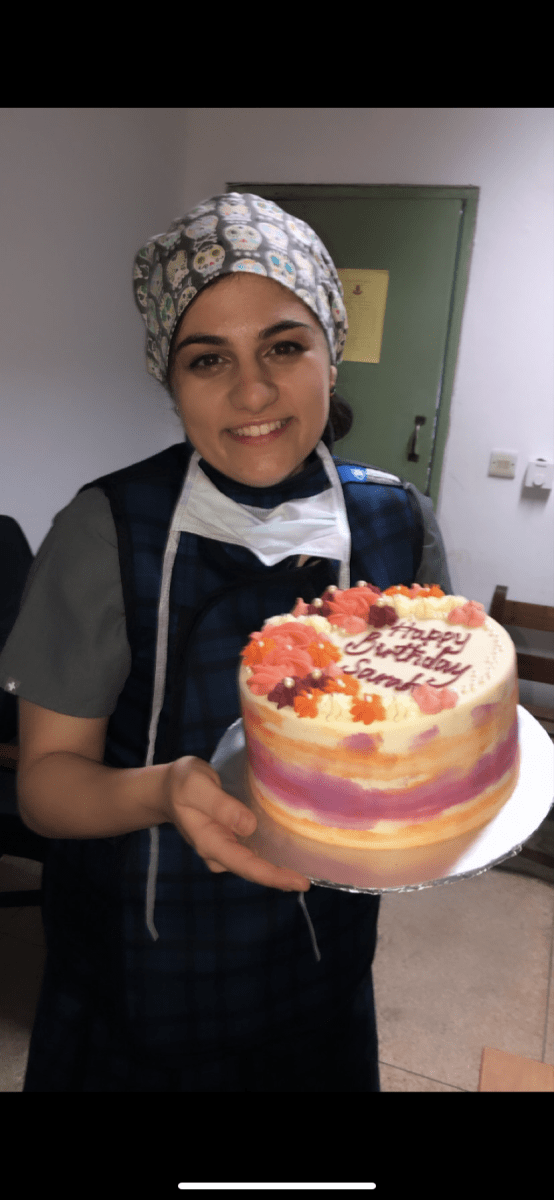
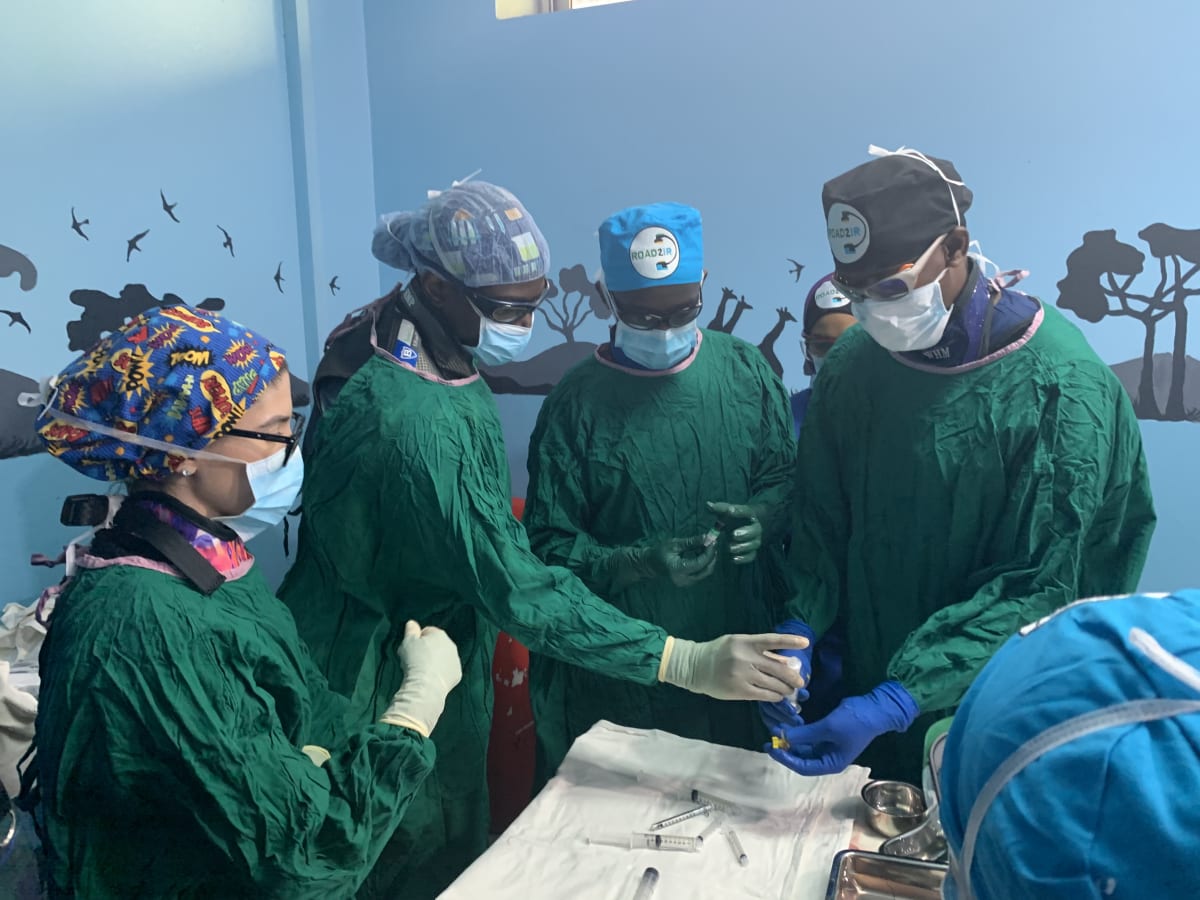


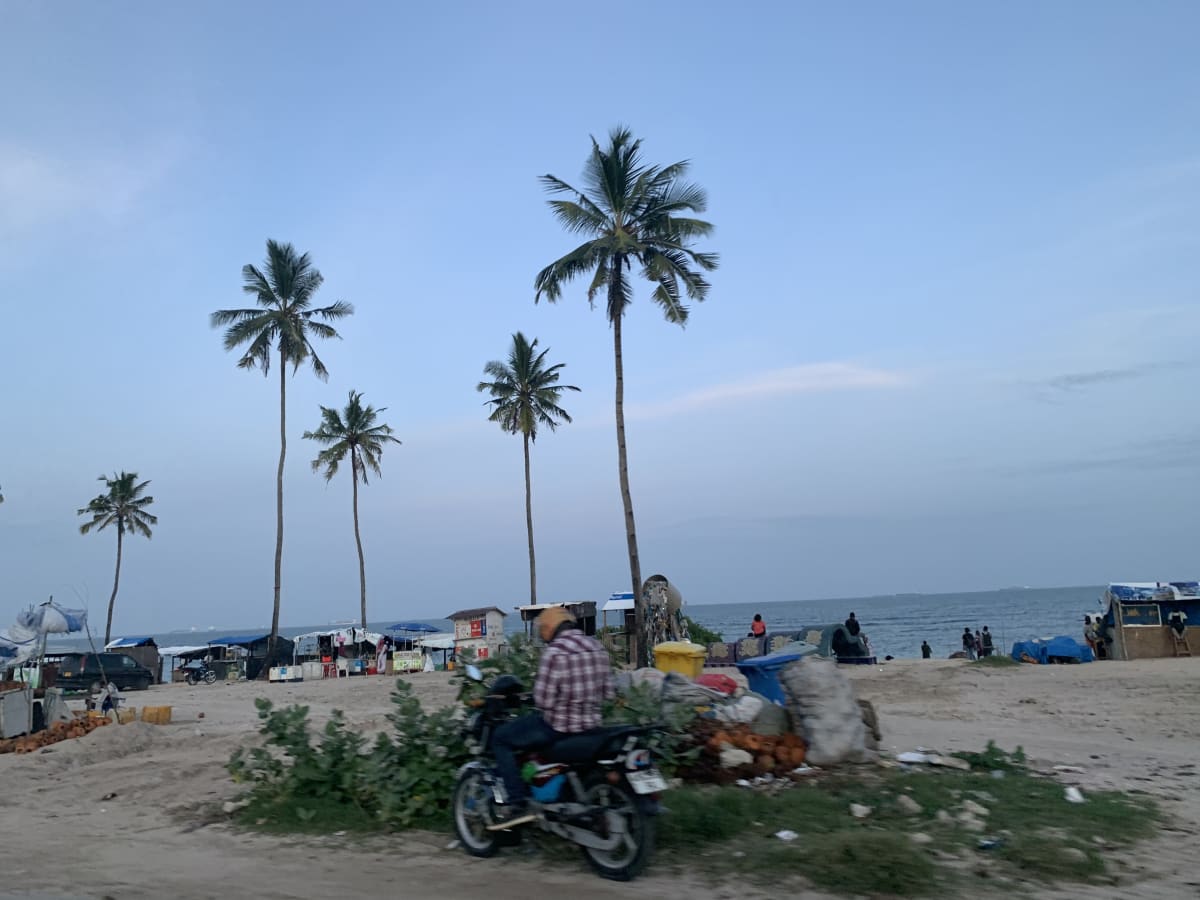
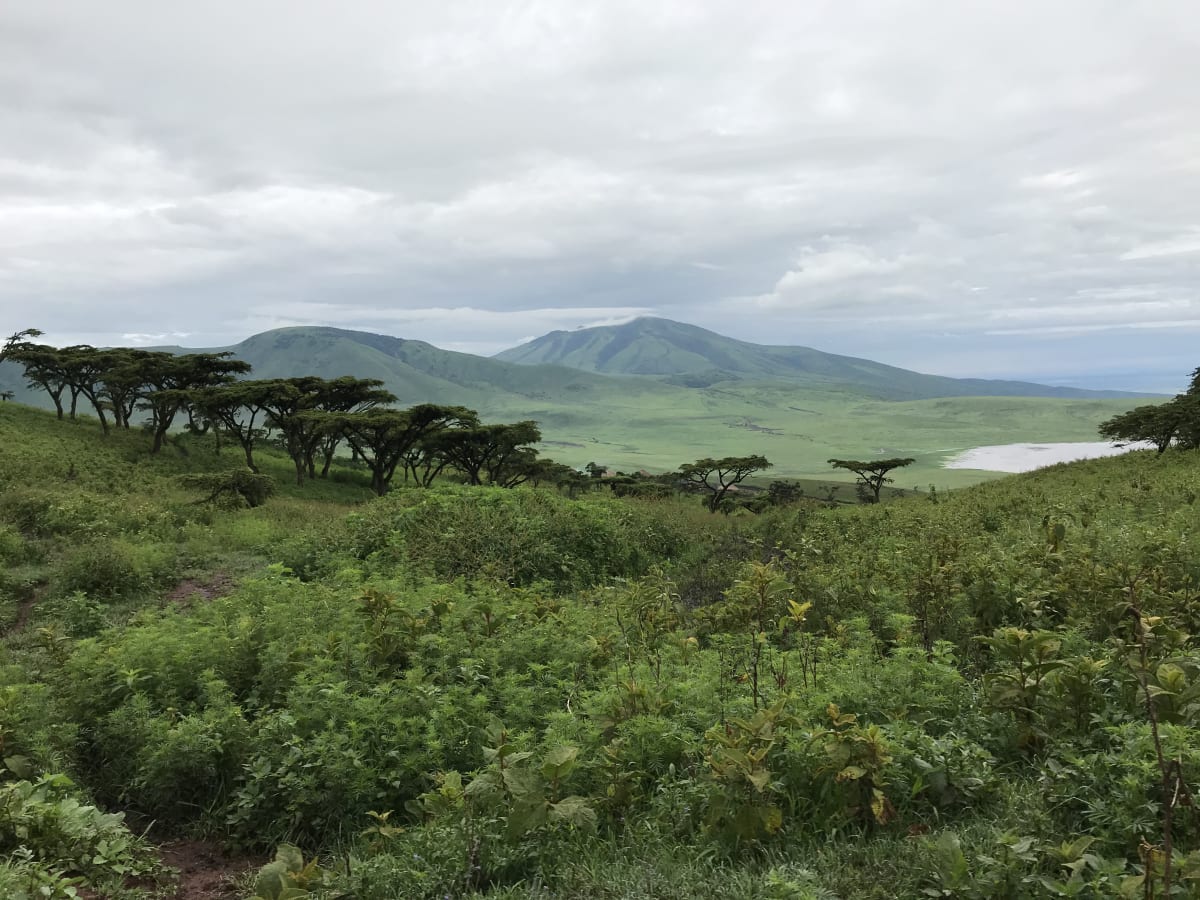
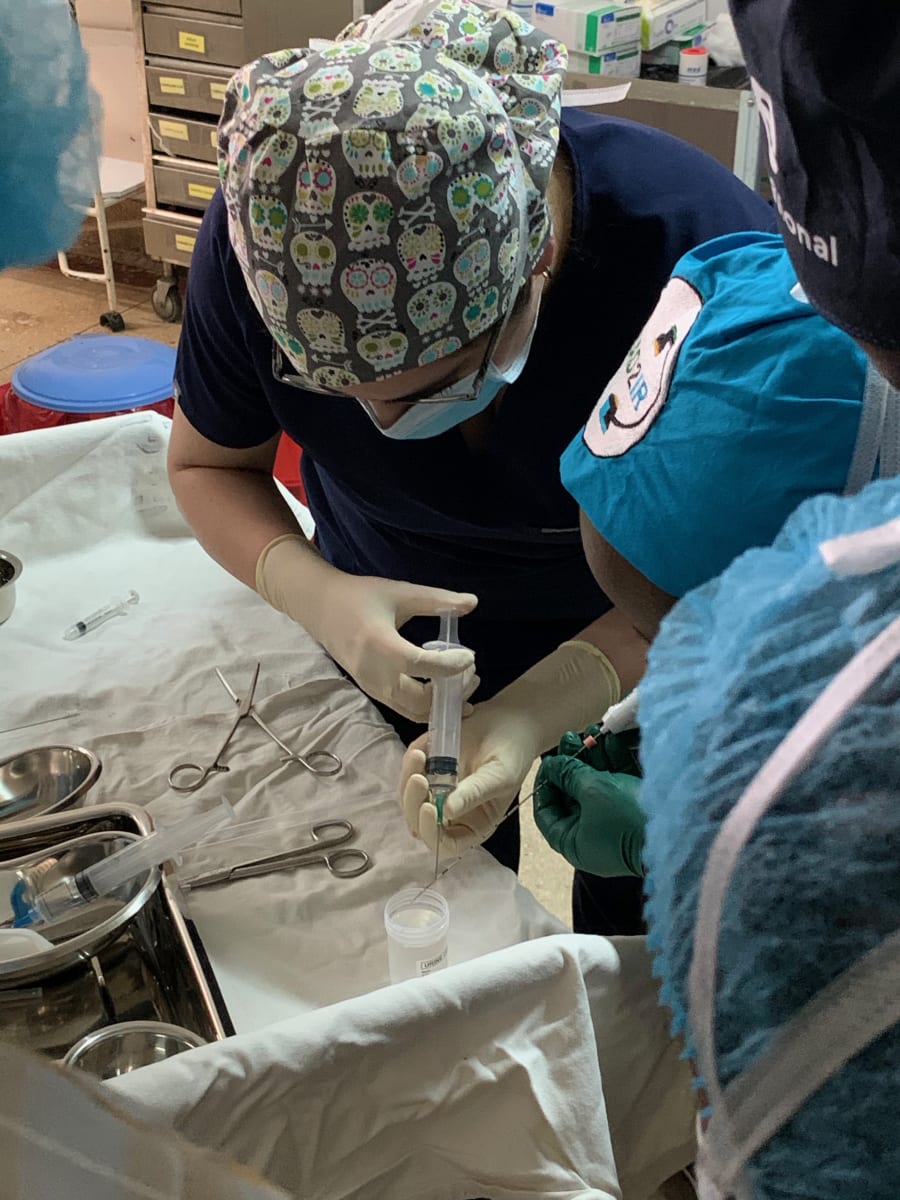
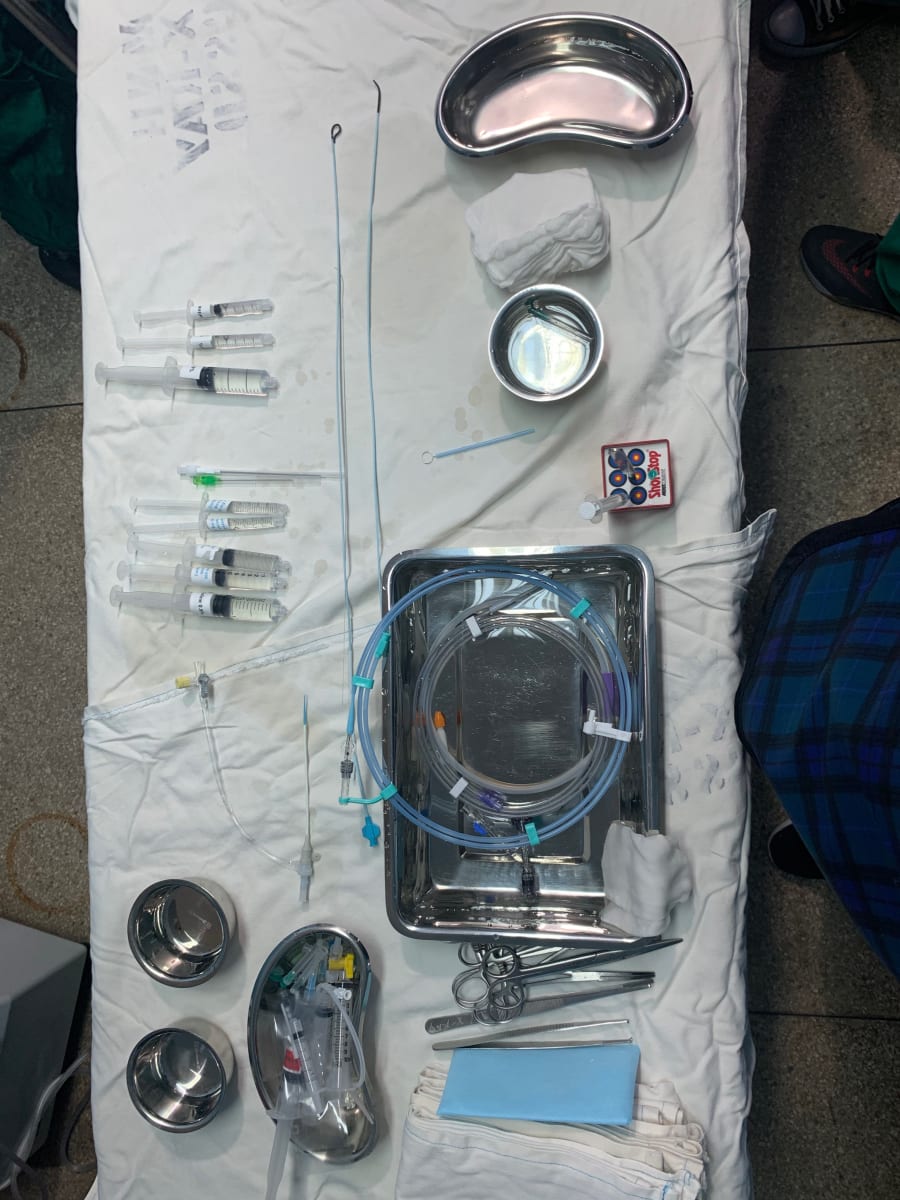

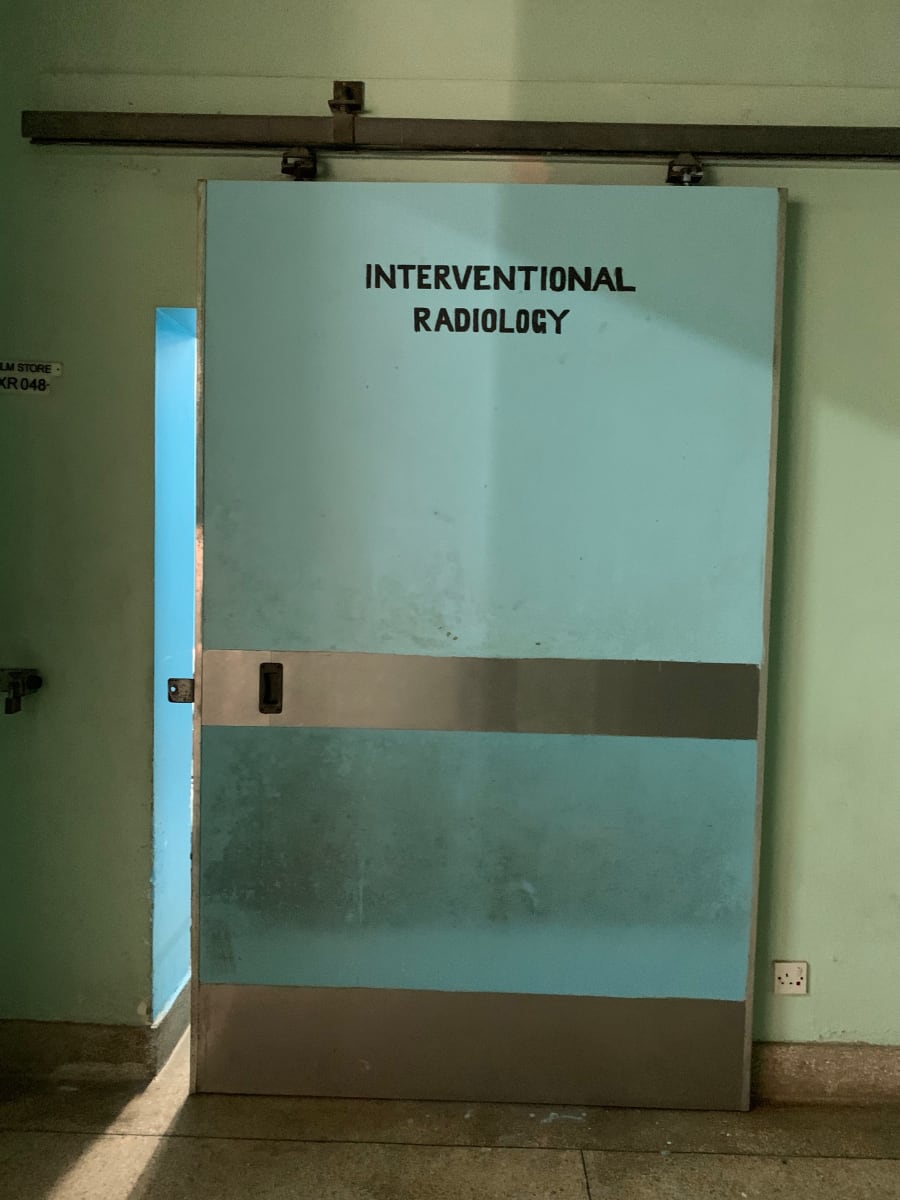










I am forever grateful for the Dox foundation for supporting me and making this experience possible.
My passion for interventional radiology (IR) has motivated me to invest time and energy in supporting an organization whose quest is to make IR accessible in deprived areas of the world. In January 2020, I joined Road2IR- a three-year initiative which established the first accredited IR training program in sub-Saharan Africa dedicated to training the first generation of IR physicians in Tanzania. I and team members from Yale and the University of Michigan, set out for a 2-week trip to Dar es Salaam, Tanzania to provide hands on, structured educational experience to the Muhumbili National Hospital (MNH) radiology residents and staff.
There is no substitute for first-hand experience. Our mornings began with one hour of didactic teaching. This was an opportunity to review the images of the scheduled cases, create a procedure plan and treatment strategy and review any new incoming consults. During this hour, the nurses and technologists would review pre- and post-procedural care of patients and proper equipment set up. We performed a wide variety of cases ranging from small ultrasound and CT guided biopsies to more complex cases such as biliary stenting, uterine artery and splenic embolization. Teaching was nonstop, before, during and after cases and by the end of the week the MNH residents and staff were performing procedures practically independently.
As a result of this experience, I have a deeper appreciation for the elegance of a simple IR procedure and its profound impact on a patient’s clinical outcome and believe all patients around the world deserve access to minimally invasive procedures. In 2 weeks, the residents and staff at MNH made us feel like family - they even surprised me on my birthday! They are all extremely bright individuals with such passion to better themselves and the community around them. We remain in constant communication with them as we plan to expand the program and continue this mission. I am proud to be a part of this organization and excited for its continued growth and impact on the field of radiology and the local Tanzanian community.
Thank you again to the Dox Foundation for this opportunity! An experience of a lifetime!